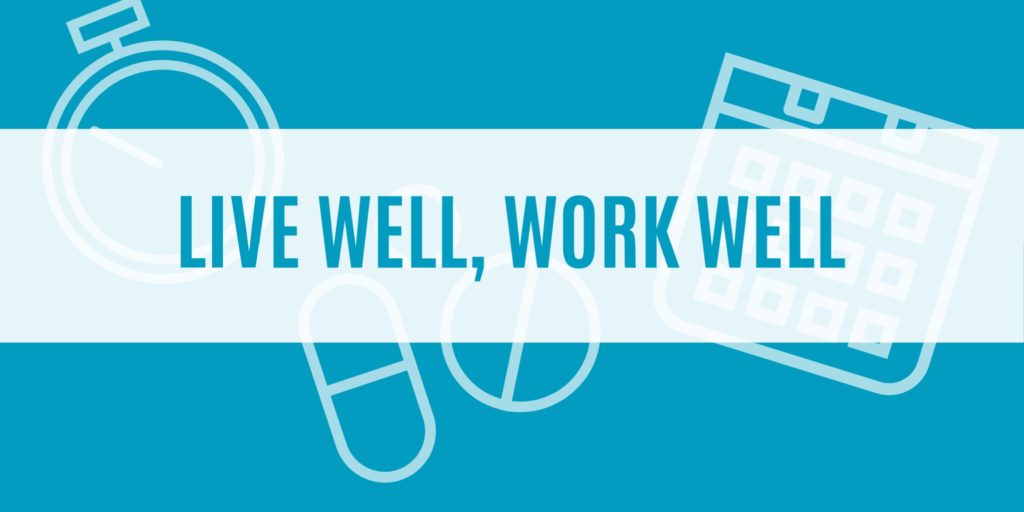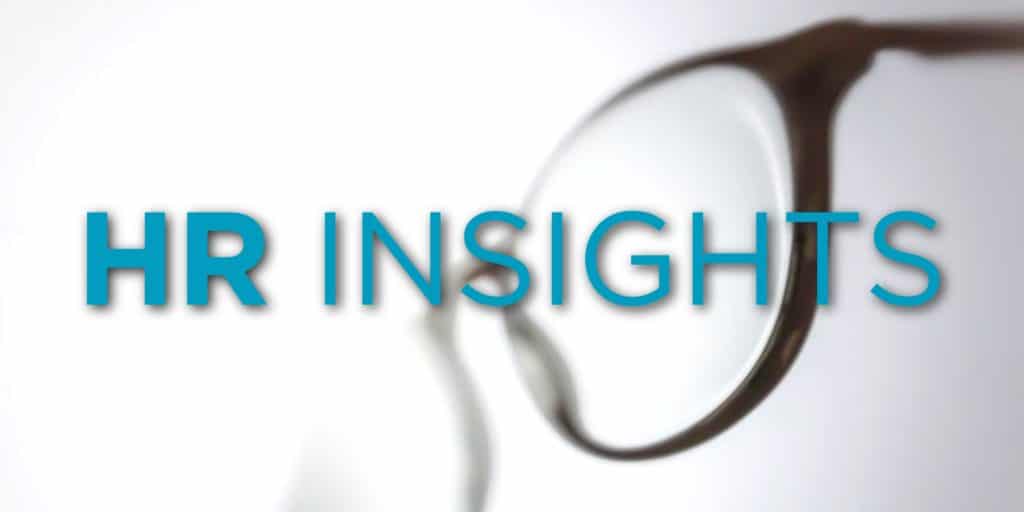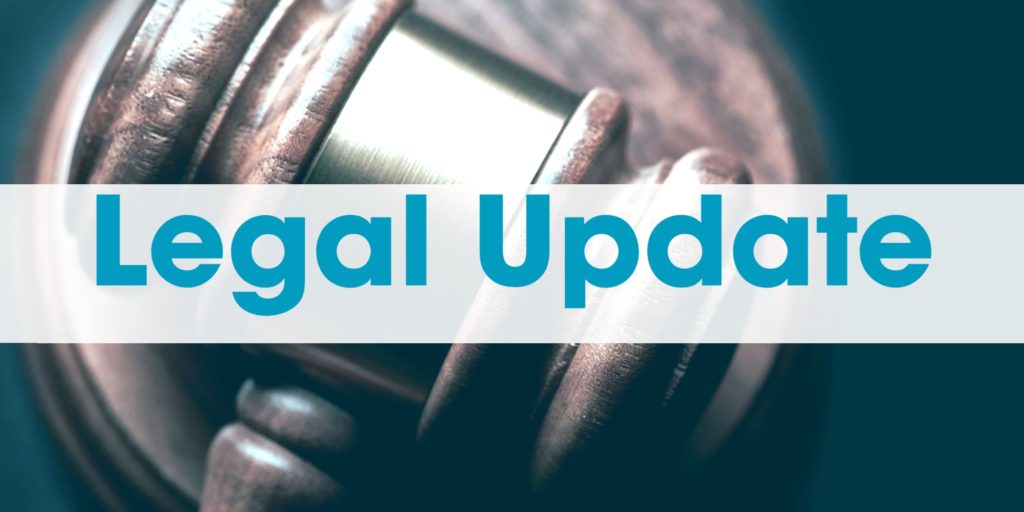 The coronavirus (COVID-19) pandemic has caused uncertainty, stress and worry for many for the past few weeks. Even as businesses reopen and restrictions are lifted, many Americans are experiencing considerable anxiety.
The coronavirus (COVID-19) pandemic has caused uncertainty, stress and worry for many for the past few weeks. Even as businesses reopen and restrictions are lifted, many Americans are experiencing considerable anxiety.
With more than half of Americans reporting to Dynata, a survey insights firm, that they think the COVID-19 pandemic will last six months or more, many health experts are concerned about the nation’s mental health.
In fact, according to a recent Gallup poll, nearly 60% of US adults reported daily stress and worry due to the pandemic.
While experiencing stress or anxiety over the health and economic fears brought on by COVID-19 is normal, if you don’t take steps to cope with these feelings, you can put yourself at risk for long-term health effects.
 The COVID-19 pandemic has tested the well-being of employees everywhere. In addition to the physical and mental stress the coronavirus has caused, many workers are experiencing a financial strain as well. As such, employers should continue to consider how their total rewards packages resonate with the current employment market.
The COVID-19 pandemic has tested the well-being of employees everywhere. In addition to the physical and mental stress the coronavirus has caused, many workers are experiencing a financial strain as well. As such, employers should continue to consider how their total rewards packages resonate with the current employment market. Grief is a natural reaction to the loss of a loved one. The side effects are well-known, including intense sadness, depression and irritability—just to name a few. When employees are grieving, it can be difficult for them to focus on anything other than their loss.
Grief is a natural reaction to the loss of a loved one. The side effects are well-known, including intense sadness, depression and irritability—just to name a few. When employees are grieving, it can be difficult for them to focus on anything other than their loss. The coronavirus (COVID-19) pandemic has caused uncertainty, stress and worry for many for the past few weeks. Even as businesses reopen and restrictions are lifted, many Americans are experiencing considerable anxiety.
The coronavirus (COVID-19) pandemic has caused uncertainty, stress and worry for many for the past few weeks. Even as businesses reopen and restrictions are lifted, many Americans are experiencing considerable anxiety. The Department of Labor (DOL) has proposed updates to a self-compliance tool to help improve compliance with the Mental Health Parity and Addiction Equity Act (MHPAEA). The MHPAEA requires parity between a group health plan’s mental health and substance use disorder (MH/SUD) benefits and medical and surgical benefits.
The Department of Labor (DOL) has proposed updates to a self-compliance tool to help improve compliance with the Mental Health Parity and Addiction Equity Act (MHPAEA). The MHPAEA requires parity between a group health plan’s mental health and substance use disorder (MH/SUD) benefits and medical and surgical benefits.